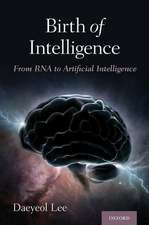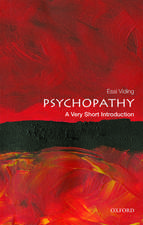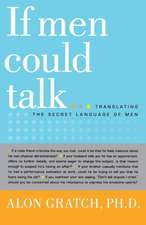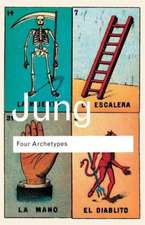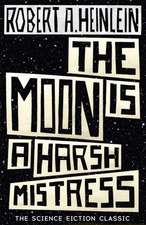Psychology of the Unconscious
Autor Carl Gustav Jung Beatrice M. Hinkleen Limba Engleză Paperback – 31 dec 2002
Preț: 166.58 lei
Nou
Puncte Express: 250
Preț estimativ în valută:
31.87€ • 33.28$ • 26.38£
31.87€ • 33.28$ • 26.38£
Carte disponibilă
Livrare economică 15-29 martie
Preluare comenzi: 021 569.72.76
Specificații
ISBN-13: 9780486424996
ISBN-10: 0486424995
Pagini: 570
Dimensiuni: 132 x 208 x 36 mm
Greutate: 0.75 kg
Editura: Dover Publications
ISBN-10: 0486424995
Pagini: 570
Dimensiuni: 132 x 208 x 36 mm
Greutate: 0.75 kg
Editura: Dover Publications
Descriere
In this, his most famous and influential work, Carl Jung made a dramatic break from the psychoanalytic tradition established by his mentor, Sigmund Freud. Rather than focusing on psychopathology and its symptoms, the Swiss psychiatrist studied dreams, mythology, and literature to define the universal patterns of the psyche.
In Psychology of the Unconscious, Jung seeks a symbolic meaning and purpose behind a given set of symptoms, placing them within the larger context of the psyche. The 1912 text examines the fantasies of a patient whose poetic and vivid mental images helped Jung redefine libido as psychic energy, arising from the unconscious and manifesting itself consciously in symbolic form. Jung's commentary on his patient's fantasies offers a complex study of symbolic psychiatry and foreshadows his development of the theory of collective unconscious and its constituents, the archetypes.
The author's role in the development of analytical psychology, a therapeutic process that promotes creativity and psychological development, makes this landmark in psychoanalytic methodology required reading for students and others interested in the practice and process of psychology.
In Psychology of the Unconscious, Jung seeks a symbolic meaning and purpose behind a given set of symptoms, placing them within the larger context of the psyche. The 1912 text examines the fantasies of a patient whose poetic and vivid mental images helped Jung redefine libido as psychic energy, arising from the unconscious and manifesting itself consciously in symbolic form. Jung's commentary on his patient's fantasies offers a complex study of symbolic psychiatry and foreshadows his development of the theory of collective unconscious and its constituents, the archetypes.
The author's role in the development of analytical psychology, a therapeutic process that promotes creativity and psychological development, makes this landmark in psychoanalytic methodology required reading for students and others interested in the practice and process of psychology.







